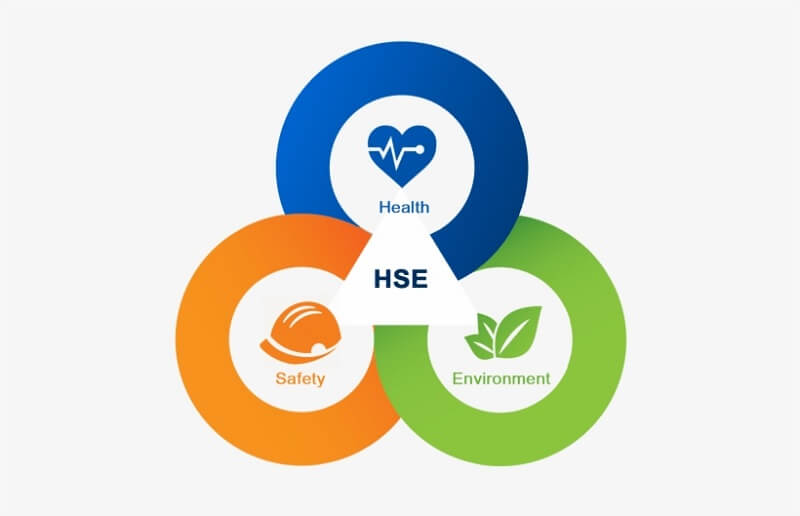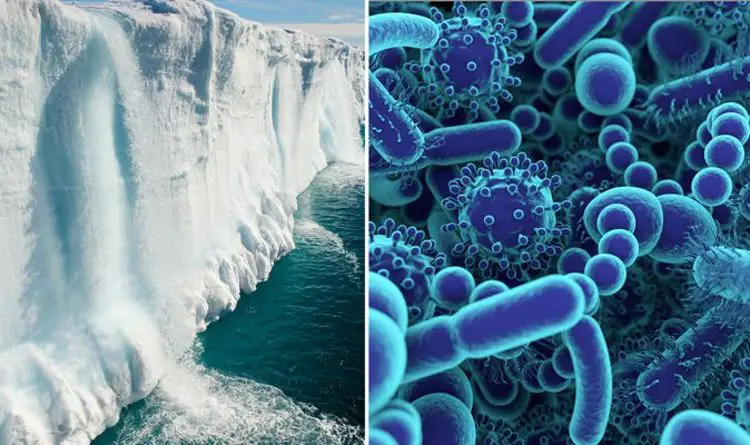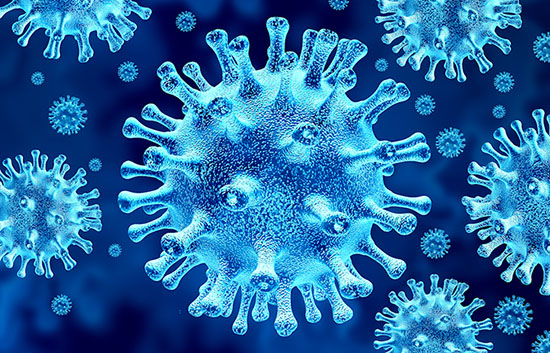It is an undisputed fact that the environment affects human health. The relation between human health and the environment brings about questions relating to environmental rules and health policy decisions. These questions are used to accentuate the emergence of environmental impacts of climate change and new technologies that can affect the environment.
Framing the issue
Lots of the difficult ethical questions of our time discuss relations between human health and the environment. How should pesticides, industrial chemicals, and pollutants be regulated? Should we develop genetically modified organisms for use in agriculture?
What steps should we take to protect people from workplace hazards? Should special workplace PPE be made available for pregnant women? How can safety be attained when establishing housing standards?
The development that surfaces in environmental health ethics are often intricate, dynamic, and global in scope. Getting pleasing solutions to environmental health problems will be significantly important as the environmental effects of human activities continually build up, and we discover more about the relation between human health and the environment.

The science: Environmental health and hazards
All living things are dependent on their immediate environment for survival. For most of man’s history, increasing longevity was a result of this enhanced access to these requirements. Advance in sanitation and agriculture has more significant effects on human health than medical technology.
Even though the environment keeps humans alive, it can also be detrimental. Some activities that promote health can have worse environmental effects. For instance, food production, soil salinization, deforestation, and overfishing. Health facilities also have an impact on environmental impacts. Hospitals use fossil fuels to manufacture medical wastes. To avert some diseases, damaging the environment might be required. Reduction in the death rate from starvation and infection can result in overpopulation, which disturbs the environment in several ways.
Bioethical, Social, and Legal considerations
The relationship between human health and the environment brings about many ethical, legal, and social dilemma by coercing people to select among these values.
1. Environmental Risk Factors
For Disease; Pollution, water, or soil, Contaminants in food, Weather conditions, Natural disasters, Pesticides, and other chemicals, Pests, and parasites, Radiation, etc.
2. Lack of access to human health care
For several years, some scholars argued that people should wait for more evidence of global warming before taking action since the decisions required to prevent or reduce it could have a hazardous economic effect. The varying opinion brings about important questions about the ethics of managing risks: what is the role of scientific evidence in decision-making? Should risks and benefits or precautionary measures be used in the development of environmental health policies?
3. Social justice
Managing risks and benefits bring about social justice concerns. People with lower economic status have more exposure to some hazardous environmental conditions in their homes, school, and works places. Nations and societies should reduce such unjust acts when deciding to choose a site for a factory, power plant, or waste dump. The decision-making proceedings should be fair and open, so people who will be affected by the environmental risks have a say in this decision and make their worries known.
Social justice must be a factor in the distribution of resources for health care. The government spends lots of money on maintaining the health and well-being of citizens as well as the prevention of diseases. These resources go to overseeing the safety of foods and drugs, running programs for emergencies, occupational health regulations and public health, sanitation, and many others.
4. Human rights
Several public human health schemes pit the rights of the individual against the good of society, such as vaccination, diagnostic testing, isolation and quarantine, and disease surveillance.
The main point of this public health scheme is that individual human rights may be restricted to avert the transmission of contractible diseases such as COVID-19, pneumonia, tuberculosis, and some others. Some health and environmental protection also limiting property rights. Limitations on property rights are said to protect human health and the environment. But people that oppose this ideology think the restrictions are too much and are not well backed up with scientific evidence.







